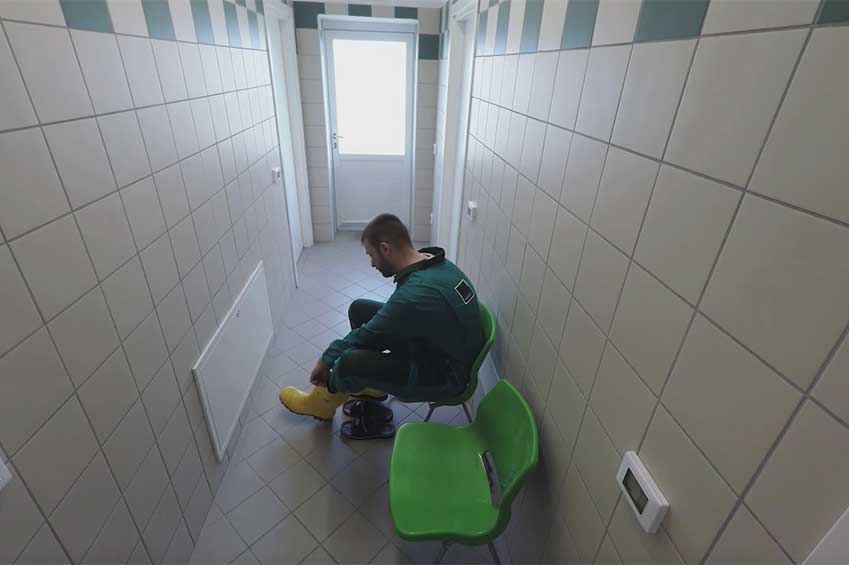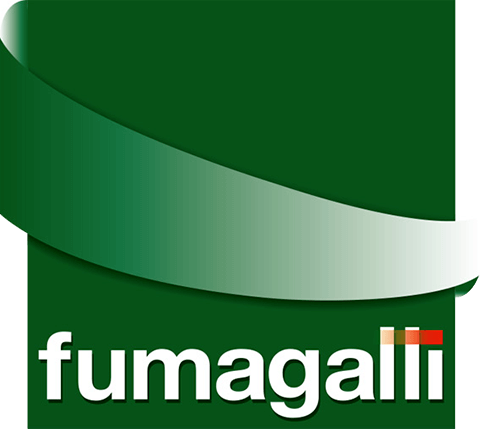
The standards on Fumagalli’s pig farms guarantee safety and sustainability.
Pig breeding in Italy is the first link in a highly specialised supply chain: rearing heavy pigs to transform into DOP and IGP cured meat products accounts for 70% of the country’s entire pork meat production.
The mandatory regulations which companies must comply with in order to be part of this circuit are a guarantee not only of the quality but also the hygiene and traceability of the products.
This is the role of biosecurity: implementing controls and applying hygienic measures to prevent infections entering breeding farms and to control the spread of disease inside them.
Biosecurity has many different aspects, including localisation, the breeding project, decontamination, controlling rodents and insects and immunising the animals.
“For example, as far as territorial localisation is concerned, – explains Paolo Santi, head of Fumagalli Group’s breeding centres in Nerviano, – to reduce the risk of contagion, the breeding centres must be located at least 15 km from each other. This makes it easier to contain an outbreak, should there be one, preventing contagion from one area to another”.
In the breeding centres, controls are of the highest standards with strict cleaning regulations for the people, vehicles and feed involved. “In our breeding centres – adds Paolo Santi – we only work with vehicles which guarantee the highest possible levels of cleanliness and they are only allowed to enter our facilities on Monday mornings. The vehicles which transport our feed are laid off for at least 72 hours after the last delivery and cleaning. This means any remaining bacterial loads are eliminated, because the longer the vehicle stands still, the less the risk of transmitting pathogens”.
The breeding centres in Nerviano are completely fenced off to separate the outside areas (which are potentially dirtier) from the inside ones, which are clean and safe. Material can only be unloaded outside and the same applies for loading pigs destined for slaughter.
There are also mandatory rules for staff entering the site: “Before anyone is allowed in, they have to shower and put on special clothing. To avoid the risk of contagion, not even our vets are allowed to enter if 72 hours have not passed since their last contact with the animals. The same applies to our technical staff. Furthermore, the people who come into contact with the animals in one building cannot, for example, perform other duties or go from one building to another”. Finally, there is a golden rule in Nerviano “all full and all empty”: the raised pigs have the same age and once the fattening cycle is over, they all leave the building together, which is then thoroughly cleaned from top to toe and left empty for at least five days.
